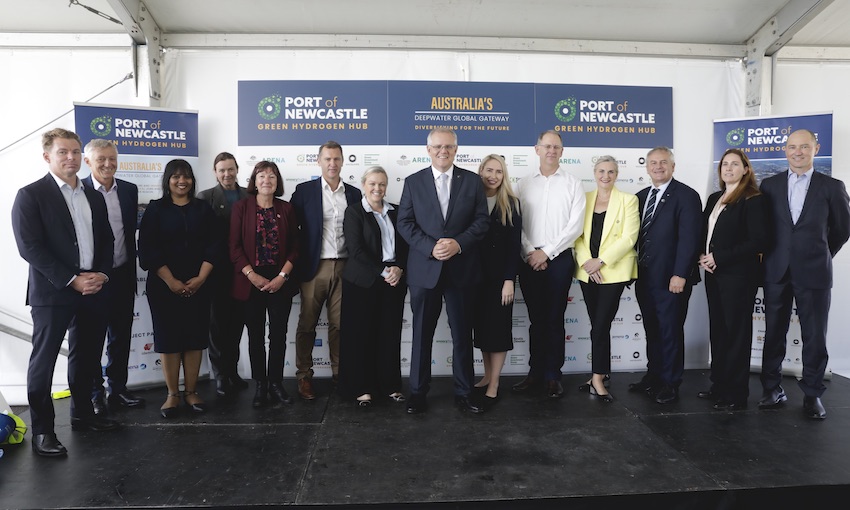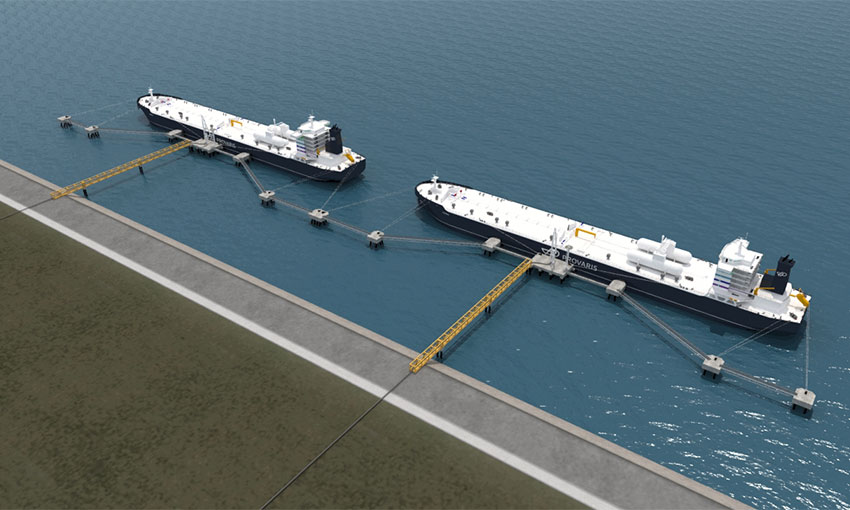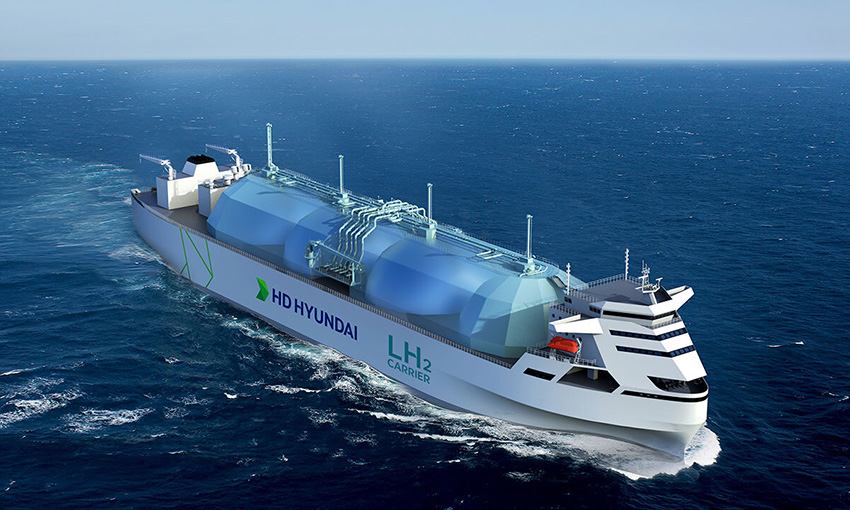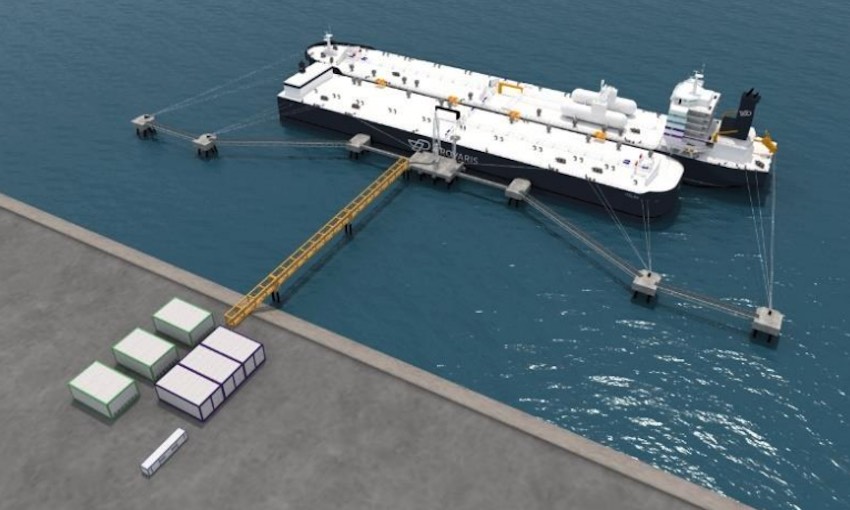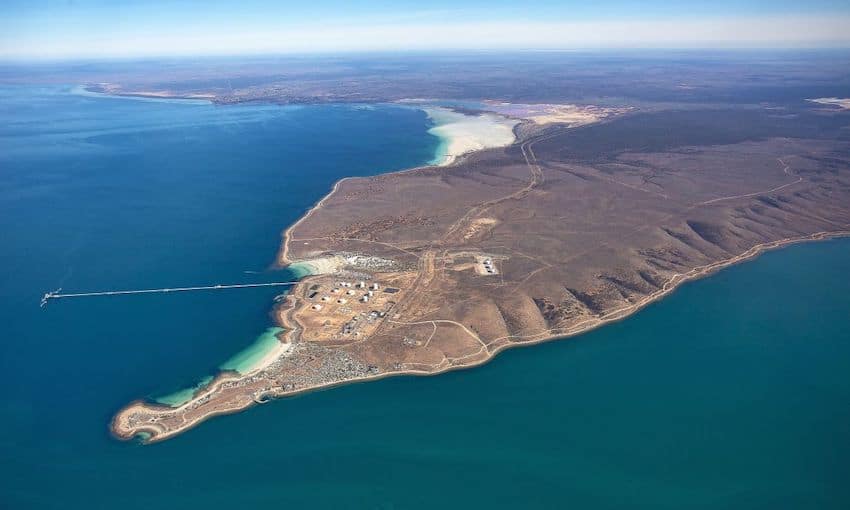AS announced recently by Prime Minister Scott Morrison, the Port of Newcastle is partnering with Macquarie Group’s Green Investment Group and the Commonwealth government’s Australian Renewable Energy Agency (ARENA) to develop a hydrogen economy in the Hunter region.
The Port of Newcastle and Macquarie’s Green Investment Group have launched a $3 million feasibility study into the development of a green hydrogen hub at the port that includes the backing of a $1.5 million funding grant from ARENA, secured under its Advancing Renewables Program.
The hub, called the Port of Newcastle Hydrogen Hub, will initially be underpinned by a 40MW electrolyser that over time would increase to a capacity of more than 1GW.
The feasibility study into the initial 40MW hub will determine a broad and comprehensive range of potential use cases for green hydrogen in the Hunter which build on the region’s strong industrial heritage. These include mobility, bunkering, energy production and industrial uses at the scale necessary to position the Hunter at the centre of the emerging global green hydrogen opportunity.
The study will also assess the suitability of an optimal site within the port which, given its large size and existing infrastructure, has a range of options for developing and scaling-up hydrogen and ammonia infrastructure that can successfully link into existing east coast supply chains.
Port of Newcastle and Macquarie’s Green Investment Group have also signed and agreement with Idemitsu, Keolis Downer, Lake Macquarie City Council, Snowy Hydro and Jemena, all of whom will participate in the feasibility study.
Macquarie’s agriculture platform, which manages more than 4.5 million hectares of farmland across Australia, will also participate in the feasibility study, focusing on green ammonia for fertiliser production.
These partnerships represent key industries in the Hunter region including agriculture, mobility, export and bunkering, energy generation and transport. A Memorandum of Understanding has also been signed with the University of Newcastle as the project’s research and development partner.
Port of Newcastle chair, Professor Roy Green, said a green hydrogen hub in the Hunter, underpinned by a 40MW electrolyser, would support the development of new industries in the region and contribute to Australia’s long-term economic and energy security, as well as creating local jobs during construction and operations.
Port of Newcastle CEO Craig Carmody said, “We are delighted that ARENA has decided to partner with us for this important feasibility study into the Port of Newcastle Hydrogen Hub Project.
“We thank them for recognising Port of Newcastle’s capabilities for this important regional development opportunity.”
He said it made sense for the Port of Newcastle to play a substantial role in Australia’s bid to become a significant renewable exporter.
“With our existing access to global energy supply chains, world-class infrastructure, strong industry partnerships, proximity to the existing demand, links to domestic road and rail networks, a local highly skilled workforce and proximity to renewable energy zones, Port of Newcastle is well placed to develop a hydrogen hub and export hydrogen as a tradable energy commodity.
“By partnering with Macquarie’s Green Investment Group to develop the Port of Newcastle Hydrogen Hub Project, we are tapping into the expertise of a world-leading renewables developer, investor and financier.”
The Port of Newcastle Hydrogen Project will focus on the production of green hydrogen for domestic and export use, incorporating a green ammonia plant, green hydrogen plant and grid-connected energy solution that will support the regions abundant renewable resource.
Mr Carmody said, “We are committed to future diversification at Port of Newcastle, and this is a significant vote of confidence in our future ambitions to identify and embrace step-change opportunities.
“This project is part of our commitment to providing Hunter industries with more environmentally sustainable export pathways to global markets.”
Mr Carmody said the project has the potential to create thousands of low-carbon jobs in a new export industry for the port and the region.

